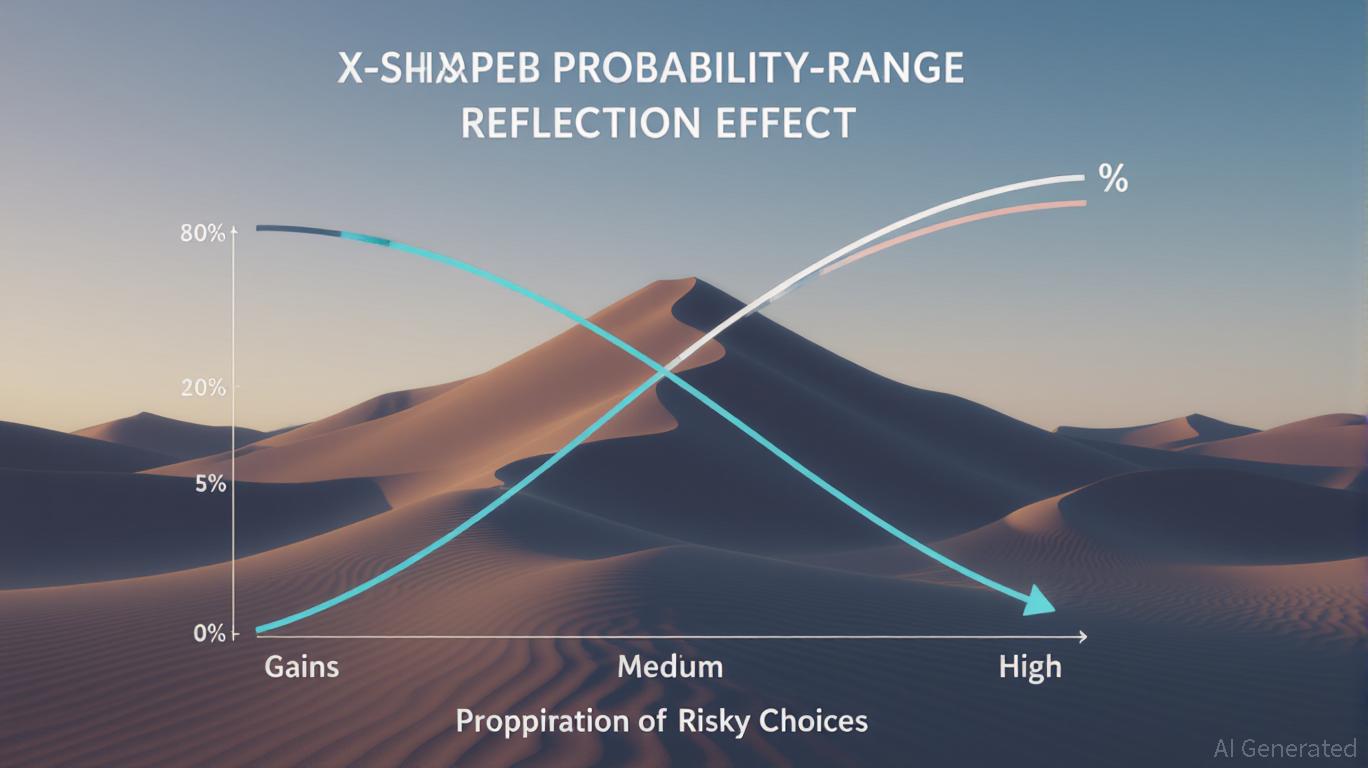Former U.S. Commerce Department Official: Trump Administration May Keep Tariffs Effective Through Other Regulations
William Reinsch, a researcher at the Center on Strategic and International Studies and former senior official at the Department of Commerce, stated that the Trump administration had already prepared for the "tariffs illegal" ruling. "It is well known that this administration had long anticipated this outcome and was formulating a Plan B—presumably aimed at maintaining the effectiveness of the tariff measures through other legal provisions."
In after-hours U.S. stock trading, the market showed almost no reaction to the ruling.
Art Hogan, Chief Market Strategist at B. Riley Wealth, pointed out: "The last thing the market or American businesses want to see is more uncertainty in the area of trade."
Meanwhile, Trump has also become embroiled in a legal dispute aimed at removing Federal Reserve Governor Lisa Cook, a move that could potentially end the independence of the U.S. central bank.
Josh Lipsky, Chair of International Economic Affairs at the Atlantic Council, said: "I think this puts Trump's entire economic agenda on a potential collision course with the Supreme Court. This is something we have never seen before."
Currently, conservatives hold a 6:3 majority in the Supreme Court, which has previously issued a series of rulings favorable to Trump's second-term agenda, but in recent years has also opposed the practice of "granting new powers to the president through broad interpretations of old laws."
This appellate court ruling stems from two cases: one brought by five small U.S. businesses, and another by 12 Democratic-led U.S. states. Both cases argue that the International Emergency Economic Powers Act (IEEPA) does not authorize the imposition of tariffs.
The lawsuit documents state that, under the U.S. Constitution, the power to levy taxes and impose tariffs belongs to Congress, not the president; and any delegation of this power must meet both the "clarity" and "limitation" requirements.
The U.S. Court of International Trade in New York had already issued an unfavorable ruling on Trump's tariff policy on May 28, stating that Trump exceeded his authority when implementing the two contested tariff measures. The three-judge panel of this court included a judge appointed during Trump's first term.
Another court in Washington also ruled that the International Emergency Economic Powers Act did not authorize Trump to impose tariffs, and the U.S. government has likewise appealed that decision. At least eight lawsuits have challenged Trump's tariff policies so far, including one filed by the state of California.
Disclaimer: The content of this article solely reflects the author's opinion and does not represent the platform in any capacity. This article is not intended to serve as a reference for making investment decisions.
You may also like
Decoding Investor Behavior: How the Probability-Range Reflection Effect Shapes Risk Preferences and Asset Allocation
- The probability-range reflection effect (UXRP) explains how investors' risk preferences shift across six domains based on probability levels and gain/loss contexts. - Low-probability losses trigger risk-seeking behavior (e.g., distressed assets), while high-probability gains favor risk-averse choices (e.g., stable dividends). - Strategic allocations vary by scenario: defensive assets in stable markets, contrarian plays during downturns, and diversified hedging in uncertain conditions. - Domain-specific a

Gamification Meets Meme Coin Mining—Could Pepenode Redefine Retail Crypto?
- Pepenode ($PEPENODE), a mine-to-earn meme coin, raises $500K in presale with whale support, offering hardwareless Ethereum-based mining via virtual nodes. - Users earn tokens through interactive node upgrades, with 70% token burn on upgrades creating deflationary scarcity and 2% referral rewards driving viral growth. - Positioned as a "next-gen Pepe coin," it combines gamification with utility, contrasting speculative meme coins by linking value to user activity and cross-token rewards. - With 14,854 pre

Small businesses bear brunt as Trump tariffs reshape global trade
- U.S. "de minimis" tariff exemption removal hikes costs for consumers and businesses, targeting imports under $800. - Small businesses face financial strain, resorting to layoffs or alternative revenue streams to offset rising import duties. - Global South economies risk destabilization as U.S. tariffs disrupt cheap export markets, prompting currency devaluation fears. - IMF and OECD cut 2025 growth forecasts, citing tariff-driven uncertainty and uneven corporate impacts like Nike's $100M+ cost hikes.

XRP’s Institutional Adoption Momentum: Gumi’s $17M Investment as a Catalyst for Long-Term Value Appreciation
- Japanese firm Gumi invests $17M in XRP for cross-border payments and liquidity via SBI partnership. - Growing institutional adoption includes $20M-$500M XRP allocations by firms like Nature’s Miracle and Trident, shifting from speculation to operational use. - SEC’s 2024 XRP commodity reclassification spurred 92 ETF filings in 2025, projecting $4.3–$8.4B inflows and reduced regulatory risks. - XRP’s sub-5-second settlement and $0.0004 fees outperform SWIFT, with Ripple’s ODL processing $1.3T in Q2 2025 t

